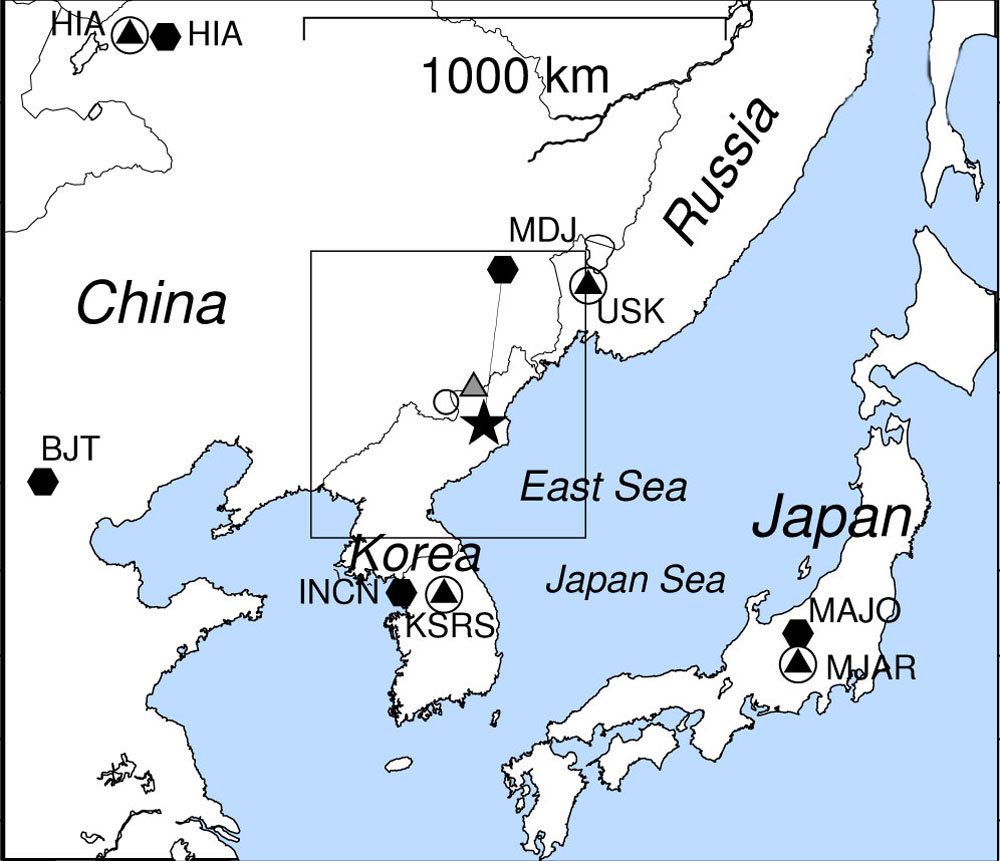This is a very focused group, if you’re concerned about existential risks for humanity.


The fact that the Technocrat elite flatly ignore stern and documented warnings against 5G, indicates that they have some ulterior agenda that they must accomplish regardless of the negative impact on humans. It is the establishment of Technocracy, aka, Scientific Dictatorship. ⁃ TN Editor.
Are you still under the misconception that unchecked exposure to electromagnetic field (EMF) and radiofrequency (RF) radiation is of no concern? Then I urge you to view the featured documentary, “5G Apocalypse — The Extinction Event” by Sacha Stone.
Please understand that while I am not in agreement with some of Stone’s conspiracy theories on the militarization of these frequencies, the science is beyond solid to justify concern about 5G without throwing in conspiracy allegations. I do believe that, overall, the documentary was well done and nicely packages the nonconspiracy information.

Dehgan hopes that the organization’s prizes and other initiatives will bring innovative solutions to conservation’s deepest problems. Hundreds of people have already been lured in through challenges and engineering programmes such as Make for the Planet — a multi-day, in-person event — and an online tech collaboration platform called Digital Makerspace, which matches conservationists with technical talent.
Standard efforts have failed to slow the pace of extinctions, so Conservation X Labs is trying a fresh approach.
This is an article in New Scientist that’s being shared in social media which says it’s a new caclulation of the future of the Universe according to the theory of false vacuum. It’s scaring many people because when you read it as far as it goes, before you have to pay to read, it doesn’t give a timeline, so they think it could happen any moment. Also, because it says “there’s a chance” that it has already collapsed in a distant corner of the cosmos. I’m writing this as part of a series of posts to help people scared of false or exaggerated doomsdays, which often get to the top of Google, Apple News and Facebook trending and are read by many people who have no idea how to take them including children as young as 14 and sometimes much younger. They can get very scared about these stories, have panic attacks and are sometimes suicidal because they can’t bear the fear.
Short Summary


The global rate of species extinction “is already tens to hundreds of times higher than it has been, on average, over the last 10 million years,” according to the Intergovernmental Science-Policy Platform on Biodiversity and Ecosystem Services (IPBES), a UN committee, whose report was written by 145 experts from 50 countries.
One million of the planet’s eight million species are threatened with extinction by humans, scientists warned Monday in what is described as the most comprehensive assessment of global nature loss ever.
Their landmark report paints a bleak picture of a planet ravaged by an ever-growing human population, whose insatiable consumption is destroying the natural world.

A killer asteroid will hit the Earth, and it is not a matter of “if” but “when,” based on the discussions during last week’s 2019 International Planetary Defense Conference.
Bill Nye opened up about the threat of asteroid impacts and possible extinction, explaining that people need to be more aware of this threat. “The Earth is going to get hit with another asteroid,” Nye said during the 2019 International Planetary Defense Conference. “The problem is, we don’t know when.”
Nye, who is known as the TV “Science Guy” and is currently the CEO of the Planetary Society, continued by saying that even if an asteroid doesn’t hit Earth within the next few decades, the threat is still there.

Humanity must make a giant leap in space exploration and begin the process of migrating to Mars, argues Apollo astronaut Buzz Aldrin.
The 89-year-old said a ‘great migration’ is necessary not only for the sake of exploration but for the ongoing survival of the human race.
Aldrin advocated for a spirit of international collaboration, based on the work being undertaken on the International Space Station, with America taking the lead.

Using newly refined analysis methods, scientists have discovered that a North Korean nuclear bomb test last fall set off aftershocks over a period of eight months. The shocks, which occurred on a previously unmapped nearby fault, are a window into both the physics of nuclear explosions, and how natural earthquakes can be triggered. The findings are described in two papers just published online in the journal Seismological Research Letters.
The September 3, 2017 underground test was North Korea’s sixth, and by far largest yet, yielding some 250 kilotons, or about 17 times the size of the bomb that destroyed Hiroshima. Many experts believe the device was a hydrogen bomb—if true, a significant advance from cruder atomic devices the regime previously exploded. The explosion itself produced a magnitude 6.3 earthquake. This was followed 8.5 minutes later by a magnitude 4 quake, apparently created when an area above the test site on the country’s Mt. Mantap collapsed into an underground cavity occupied by the bomb.
The test and collapse were picked up by seismometers around the world and widely reported at the time. But later, without fanfare, seismic stations run by China, South Korea and the United States picked up 10 smaller shocks, all apparently scattered within 5 or 10 kilometers around the test site. The first two came on Sept. 23, 2017; the most recent was April 22, 2018. Scientists assumed the bomb had shaken up the earth, and it was taking a while to settle back down. “It’s not likely that there would be so many events in that small area over a small period of time,” said the lead author of one of the studies, Won-Young Kim, a seismologist at Columbia University’s Lamont-Doherty Earth Observatory. “These are probably triggered due to the explosion.”